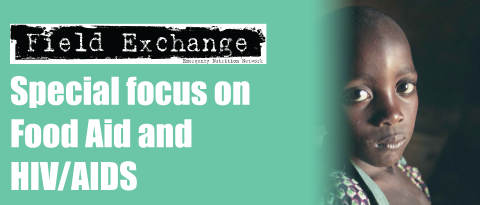Pregnant women’s uptake of antiretroviral prophylaxis
Summary of published research 1
Arecent study in Abidjan, Cote d'Ivoire set out to determine why pregnant women, who receive HIV-1 positive test results and are offered short courses of antiretroviral prophylaxis to prevent transmission of HIV from mother to child (PMTCT), do not participate in necessary follow up visits before starting prophylaxis. The study was set up based on findings from PMTCT work in Abidjan which found that during the programme's first 15 months of operations (February 1998 to end of May 1999), 72% of 9657 pregnant women who were offered HIV testing accepted. Of the 884 women who tested positive for HIV-1, 395 received their test results. Only 118 (35%) of the 333 women who tested as positive for HIV, who received their test results and who were invited to return for follow up visits during this period, eventually started taking zidovudine. Of the 215 women who did not start taking zidovudine, 181 had refused to return or discontinued follow up visits. Another 34 were lost to follow up or removed from the programme because they were ineligible.
In this study, a purposive sample of 27 women was selected. These women had received HIV-1 positive tests and were invited to return for monthly follow up visits before starting prophylaxis with zidovudine at 36 weeks gestation, but had either refused or discontinued the visits. None of the women started prophylaxis.
Most of the women explained their non-participation in follow up visits by referring to negative experiences that they had had while interactingwith programme staff or to their views about the programme. Additional reasons concerned their disbelief of HIV positive test results and personal factors.
The study concluded that training and supervision of programme staff may increase the likelihood of positive interactions between staff and clients, thereby facilitating women's participation in preventing transmission of HIV from mother to child. Outreach and mobilisation in communities that are served by prevention programmes may complement these measures at programme level, by contributing to increased social support for women's efforts to prevent transmission of HIV from mother to child. Involving women's partners in the prevention of mother to child transmission of HIV is widely recognised to be desirable, but this rarely occurs.
1Painter T et al (2004). Women's reasons for not participating in follow up visits before starting short course antiretroviral prophylaxis for prevention of mother to child transmission of HIV: qualitative interview study. BMJ volume 329, 4th September, 2004, pp 343-345
Imported from FEX website


